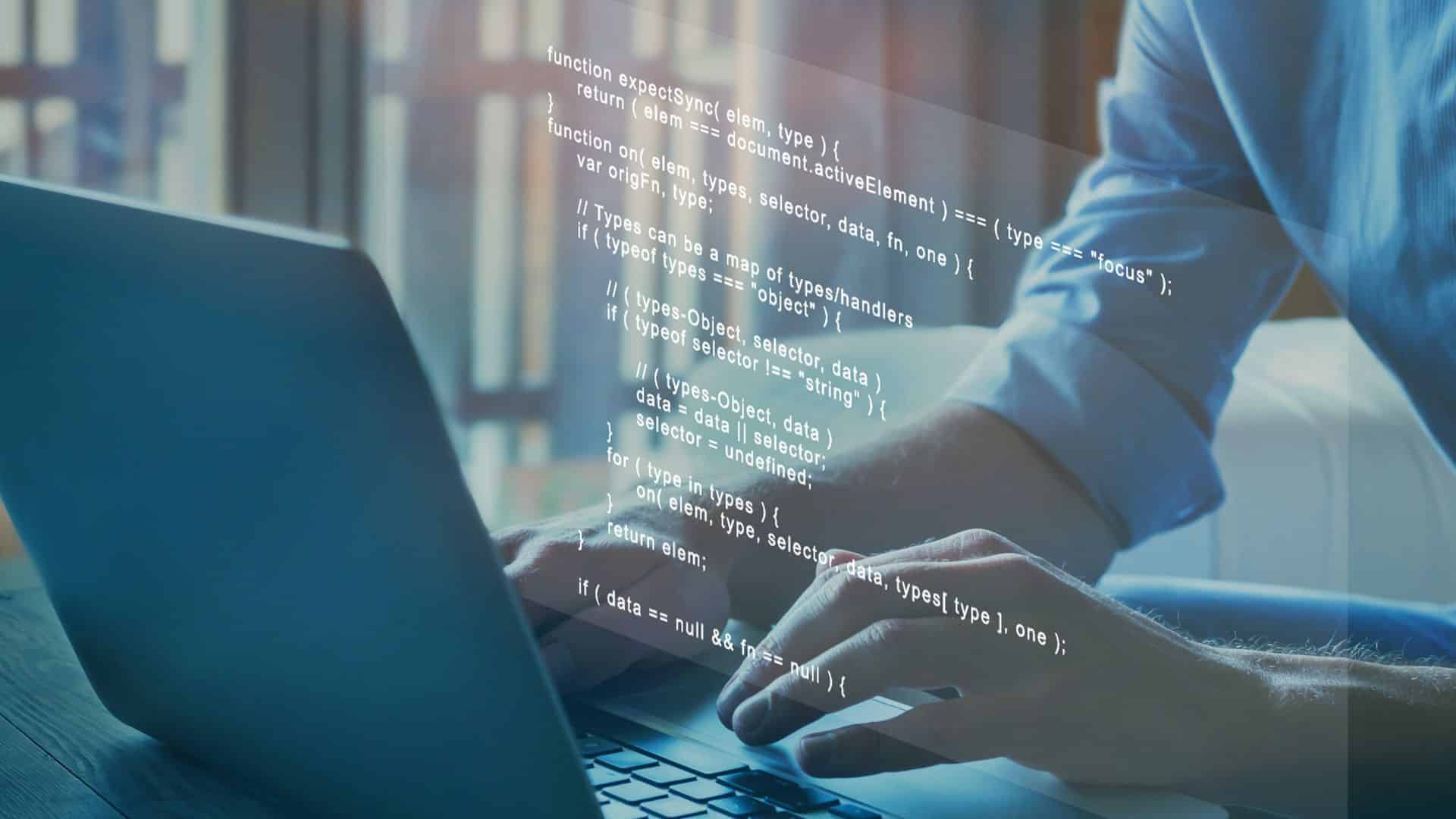
Faster, smarter and more sustainable in the world of software development, outdated code can be an obstacle to innovation and growth. Legacy code is often made up of for decades of patches, workarounds, and updates, which were once functional, but are now difficult to maintain.
Fortunately there is a new player who can help development teams modernize this code: artificial intelligence (AI). Thanks to AI, companies can clean, document and even convert Legacy Code to more modern programming languages faster, more efficiently and more accurately.
The Difficulties of Legacy Code
Legacy code, written in outdated languages or with outdated structures, presents several challenges:
- Maintainability : Older systems are often poorly documented, and it takes a lot of time and effort to figure out how everything works.
- Technology debt : Legacy code is often not designed for scalability and modern demands such as cloud, mobile or microservices.
- Risk of failure : With every update or change, the risk of the system failing increases, simply because no one knows exactly how it was originally put together.
How AI Accelerates Legacy Code Transformation
- Code analysis and insight AI can scan and analyze large amounts of code in a short time, providing rapid insight into its structure and dependencies. This not only saves development teams hours of work, but also ensures that code patterns that usually remain invisible are quickly surfaced. AI tools can generate automatic reports, which help the development team identify technical debt and potential issues.
- Automated Documentation One of the biggest obstacles to modernizing legacy code is the lack of documentation. AI can automatically generate understandable and consistent documentation by analyzing code and describing functions, parameters, and dependencies. This gives developers immediate insight into what certain pieces of code do, without having to dig through the entire codebase.
- Refactoring and optimization AI can help clean up legacy code by automatically identifying and refactoring patterns and inefficient structures. This means that AI is able to rewrite repetitive, redundant code, remove unnecessary dependencies and replace outdated syntax. This leads to a neater, cleaner codebase that is less error-prone and easier to maintain.
- Automatic Language Conversion For many companies, moving to more modern programming languages is a desirable but complex undertaking. AI-driven tools can translate legacy code into modern languages such as Python, JavaScript or Rust, while also replacing APIs and libraries with contemporary alternatives. This gives organizations the ability to continue working with their current codebase while moving to a newer, flexible programming language that better supports modern technologies.
The Benefits of AI for Code Modernization
- Faster Time-to-Market : By automating repetitive tasks, AI allows code to be cleaned up and modernized faster, leading to shorter development times.
- Lower Maintenance Costs : A clean, well-documented codebase reduces maintenance costs because new developers can understand how the system works more quickly.
- Improved scalability : By converting legacy code to modern languages and structures, the system becomes more flexible and scalable, ready for growth and change.
- Increased reliability : Code that has been cleaned and optimized by AI is less error-prone, meaning businesses are less likely to experience unforeseen outages or crashes.
From Legacy to Future
Modernizing legacy code with AI not only gives companies the opportunity to take advantage of new technologies, but also to minimize risk and save costs. With AI it is possible to gradually transform a legacy codebase into a modern, future-proof infrastructure, without losing the underlying functionality.
In a world where technology is developing rapidly, companies can gain a valuable advantage through AI, by updating outdated code and positioning themselves as innovative players in their field. Modernizing legacy code is now not only feasible, but also cost and time efficient
Need help coaching and implementing AI to modernize legacy code? Complete the contact form and I will be happy to explain more. On average, a modernization process with AI is 5 times faster
Relevant Links and more information
- “Generative AI for Legacy Code Modernization: Guide” – This article discusses how generative AI can translate, improve, and create legacy code, with benefits such as 55% faster task handling and reduced errors. Laminar
- “Integrating AI for Legacy Code Analysis and Documentation Generation” – This article covers how AI can help analyze and document legacy code, helping developers work more efficiently. Peerdh
- “Defying Legacy Code: Best Practices & AI” – This article discusses the role of AI in managing and modernizing legacy code, highlighting the capabilities of generative AI. Smals Research
- “AI in Legacy Application Modernization: Opportunities and Best Practices” – This article explores how AI can contribute to the modernization of legacy applications, with a focus on improved analytics and AI integration. Zero One Consulting